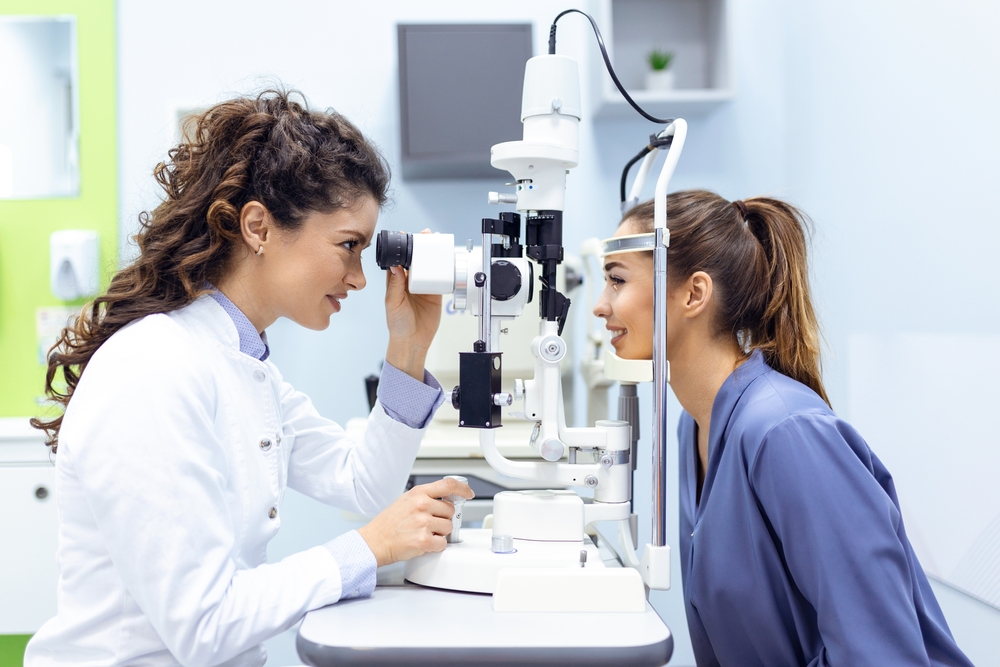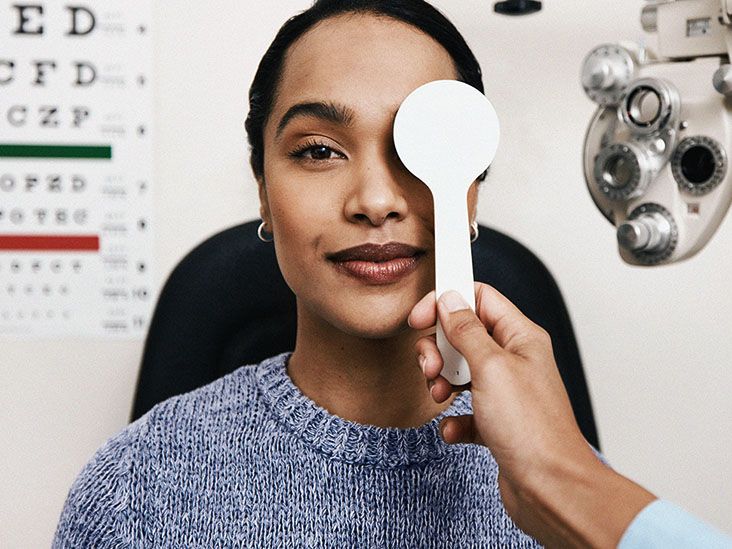Is Refractive Surgery Right for You? Variables to Consider for Better Eyecare
In the realm of eye treatment, the decision to undertake refractive surgery is a substantial one that demands thoughtful factor to consider. From the details of one's eye health to the details of everyday practices and individual assumptions, each aspect holds significance in the wider landscape of refractive surgical procedure candidateship.
Eye Health And Wellness Examination
When thinking about refractive surgical treatment, an extensive eye health analysis is essential to assess the viability of the treatment for each and every person. andalusia pediatrics. This examination involves a series of examinations and examinations performed by an eye care expert to determine the total health of the eyes, the visibility of any type of hidden conditions, and the stability of the refractive mistake
During the assessment, different elements are taken into consideration, such as the client's case history, present eye prescription, corneal density, pupil dimension, and tear film high quality. These evaluations help to determine any kind of contraindications to refractive surgical procedure, such as corneal problems, cataracts, or neglected eye infections. In addition, the analysis helps to manage patient expectations regarding the potential outcomes of the surgical procedure based upon their special eye attributes.
Eventually, the eye health and wellness examination is essential in ensuring the safety and security and effectiveness of refractive surgical procedure, as it gives important insights into the person's eye health and wellness standing and assists figure out one of the most appropriate therapy options for achieving optimal aesthetic end results. (neurologist andalusia)
Way Of Life Analysis
A detailed way of living assessment is important in establishing the suitability of refractive surgical treatment for an individual's aesthetic improvement requirements. Way of life aspects such as line of work, leisure activities, and daily tasks play an important function in the decision-making process concerning refractive surgical treatment. Individuals with professions that include a high level of physical activity or exposure to environmental elements may have different aesthetic requirements contrasted to those with sedentary desk tasks. Understanding just how a person's way of living may affect their vision post-surgery is important for managing assumptions and ensuring optimal results.
Additionally, way of living practices such as sports engagement, outside tasks, or also skincare routines can influence the healing process and general success of refractive surgery. By conducting a detailed way of life evaluation, eye care specialists can tailor their recommendations and therapy strategies to fulfill the distinct demands of each patient, ultimately leading to boosted aesthetic results and fulfillment.
Expectation Alignment

Clients need to understand that while lots of people attain 20/20 vision or better go to website following refractive surgical procedure, some might still call for glasses for particular activities like reading or see here driving at evening. Taking care of these assumptions assists stop dissatisfaction and frustration post-surgery, leading to an extra positive overall experience for the client.
Threat Analysis

Factors that might increase the threat of complications include age, specific medical problems like autoimmune illness, unstable vision prescription, slim corneas, and impractical person expectations. In addition, picking a skilled and skilled specialist, complying with pre and post-operative treatment guidelines carefully, and divulging any type of appropriate clinical background can help reduce dangers.
To lessen the likelihood of complications, ophthalmologists perform detailed pre-operative examinations to determine any kind of contraindications to surgery. They likewise talk about the possible dangers and advantages with individuals throughout the consultation process. By participating in open interaction and shared decision-making, both the eye doctor and the individual can work together to figure out if refractive surgical treatment is the best selection based on individual risk profiles and wanted end results.
Consultation Relevance
Taking into consideration the essential function of educated decision-making in evaluating risks and potential complications in refractive surgical treatment, the examination process holds significant importance in assisting people in the direction of ideal outcomes. During the appointment, the ophthalmologist assesses the patient's eye health and wellness, refractive errors, and total suitability for surgery. This initial assessment is critical in determining one of the most appropriate procedure for every person, taking into consideration variables such as corneal density, pupil size, and existing eye conditions.
Additionally, the assessment functions as a possibility for individuals to discuss their assumptions, problems, and any kind of inquiries they might have regarding the surgical procedure. Clear communication in between the person and the surgeon is vital to ensure practical expectations and an extensive understanding of the potential risks and check this site out advantages involved.
In addition, the examination permits the surgeon to explain the various medical options readily available, their corresponding end results, and the post-operative care called for. This thorough conversation encourages clients to make well-informed choices concerning their eye care, resulting in far better contentment and results post-surgery.
Final Thought
To conclude, people taking into consideration refractive surgical treatment needs to undertake a comprehensive eye wellness examination, evaluate their way of life routines, align their expectations with prospective end results, assess the affiliated dangers, and prioritize appointments with eye treatment experts. These aspects play a vital duty in figuring out the viability of refractive surgical procedure for every person, guaranteeing ideal outcomes and complete satisfaction with the treatment.
Clients thinking about refractive surgical procedure typically have high assumptions pertaining to the results, anticipating excellent vision without the demand for glasses or contact lenses. While refractive surgical procedure can significantly improve vision and minimize dependence on aesthetic help, it is crucial for clients to comprehend that outcomes might vary based on private aspects such as the degree of refractive error, corneal density, and total eye health.
By involving in open communication and shared decision-making, both the eye doctor and the individual can function with each other to establish if refractive surgery is the appropriate choice based on specific threat accounts and preferred end results.
Considering the critical duty of notified decision-making in analyzing risks and possible complications in refractive surgery, the appointment process holds considerable importance in assisting people in the direction of optimum end results. Throughout the appointment, the eye doctor examines the patient's eye health, refractive errors, and overall viability for surgical procedure.